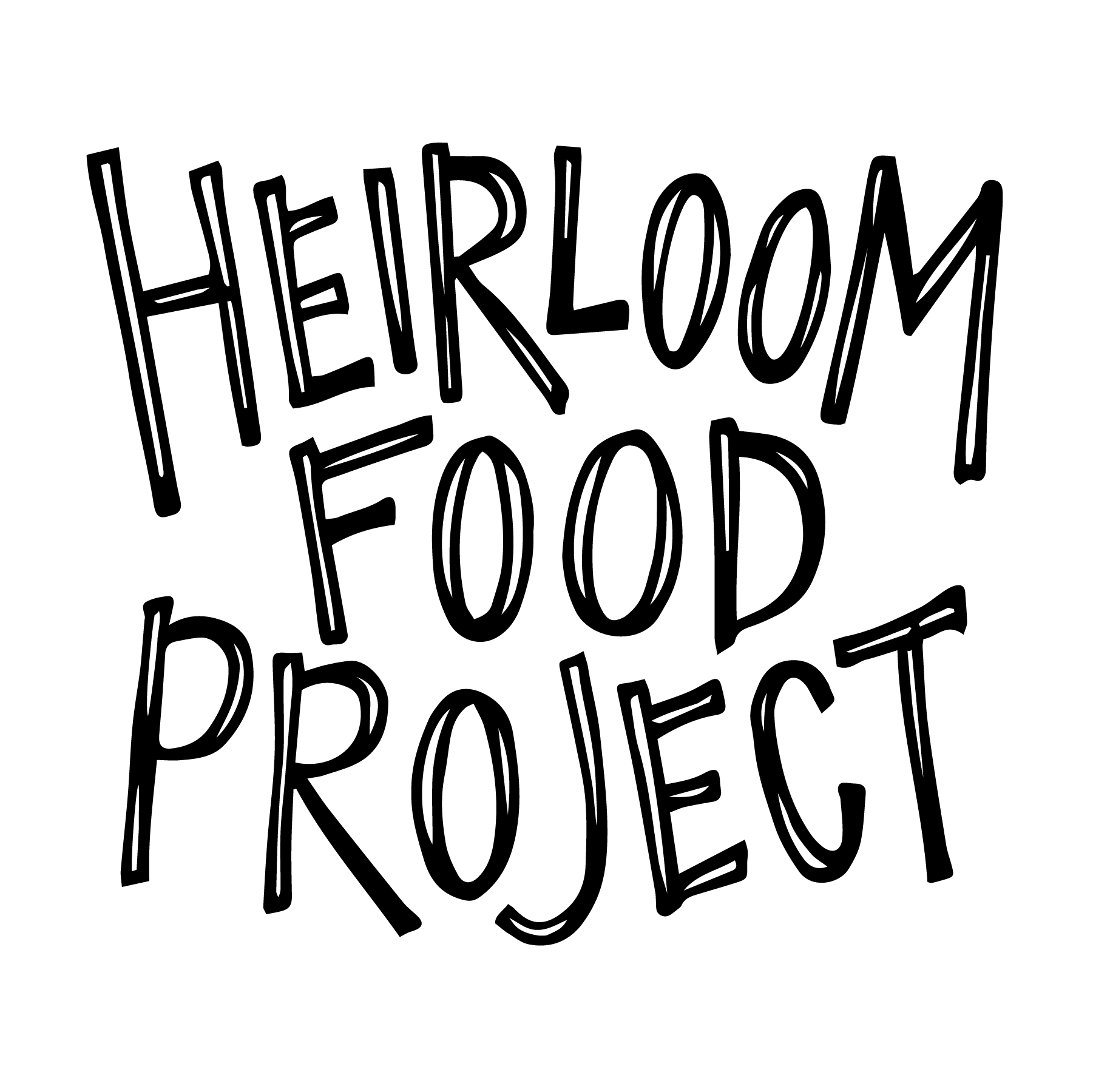How I'm Honoring Ancient Wisdom as I Enter Motherhood
I sit here writing this to you, arms stretched long to reach my computer over a round, 9-month pregnant belly.
I am preparing for one of the biggest transitions in my life, and I want to share with you the source of wisdom I've been drawing from, as it echoes exactly what Heirloom Food Project is all about.
The book is The First Forty Days: the Essential Art of Nourishing the New Mother, and it calls us to revive a millennia-old tradition. At the center? You guessed it – food:
"There is an institution of postpartum care that dates back centuries and that stretches across continents. Like a golden rope connecting women from one generation to the next, the protocol of caring for the new mother by unburdening her of responsibilities and ensuring she rests and eats shows up in wildly diverse places. This rope of care is long and it is strong; it holds families – and societies – together. Its individual threads are the millions of aunts, mothers-in-law, grandmothers, and neighbors who have, since time immemorial, shown up with soup and clean sheets and a listening ear to serve the woman who has just given birth."
In Latin America, this shows up as la cuarentena–a forty-day 'quarantine' that plays up homemade chicken soup and downplays spicy and heavy foods.
For the Hopi people of the Southwest U.S., this practice includes nourishing the new mother with blue corn piki bread, a ceremonial food prepared by wise elder women.
In India you may find fresh milk boiled three times to make it easy to digest and then fortified with melted ghee and restorative spices.
Korea carries out 21-30 days of special maternal care with a traditional seaweed soup called miyeokguk as a staple and icy foods prohibited.
In Chinese tradition, this period is "the Gateway," thirty days of the mother resting indoors, while other women bring her foods like a lactation-encouraging papaya and fish soup.
During the forty-day care period observed in Indonesia, new mothers are fed jamu, a mix of egg yolks, palm sugar, tamarind, and healing herbs.
On the Ivory Coast female relatives arrive to ritually bathe the new mother in shea butter and share a meal together.
Stories of this ancient wisdom has shaped my approach to this transition into motherhood.
And I would venture to say, helpful for anyone going through a period of big change. Who wouldn't benefit from lingering over a steaming bowl of chicken soup, letting the warmth invite comfort and calm back into the body?
So, what can you expect from me over these next few months?
Nothing.
It's taken me awhile to muster up the bravery to use that word. What a rebellion in our modern world where we all need to grit our teeth and push through. But it is exactly right. I will be taking – and I am extremely lucky to live in a country that supports this – about 4-5 months after birth to bond with my baby. To stew in the bigness of this transition. To let myself be fed and cared for by others. To keep work and screens and other distractions at a minimum. Perhaps I'll drop the occasional Instagram post or return to writing these letters to you a bit sooner. We shall see.
Until next time – whenever that may be – I send my best to you.
While I don’t know exactly when I will return with fresh food inspiration, with the help of my good friend Jedd, I’m re-featuring a series I created a couple years ago called Collective Food Wisdom. Check back here on the blog or on Instagram to find a weekly nugget of wisdom to keep you cooking and eating and pondering while I’m away.


